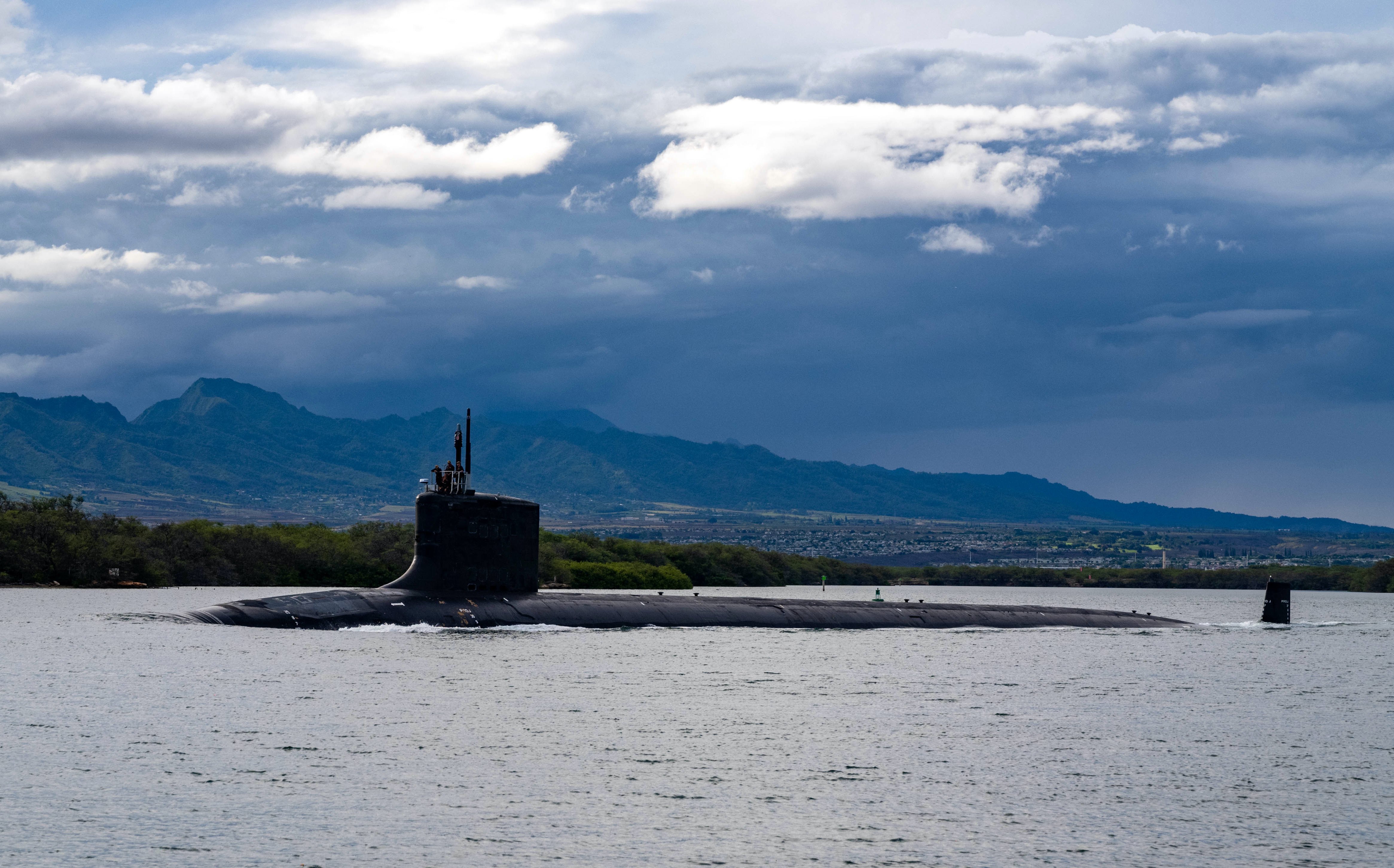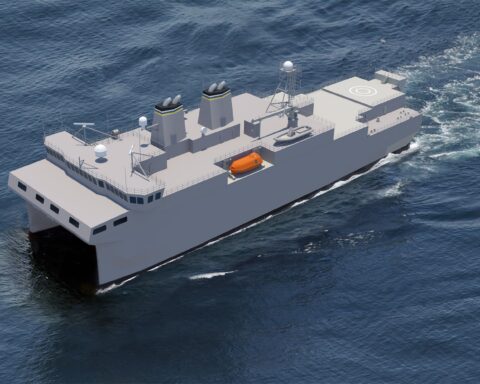The following is the Nov. 27, 2023, U.S. Coast Guard Accountability and Transparency Review Team Report.
From the report
Admiral Linda Fagan, Commandant of the U.S. Coast Guard, chartered the 90-day
Accountability and Transparency Review (ATR) on July 14, 2023. Executive team members Rear Admiral Miriam Lafferty, Mr. John Luce and Master Chief Ann Logan led the review and conducted an analysis of current law, policy, processes, practices, resources and Service culture relevant to eradicating sexual assault and harassment in the Service to identify gaps and opportunities for improvement.
The ATR team consisted of military and civilian members from across headquarters with experience in Coast Guard policy and program development, military justice, civilian law enforcement, victim advocacy, and sexual assault prevention and response. The team relied heavily on sexual assault prevention and response experts within the Coast Guard and Department of Defense. The team sought input from across the workforce speaking with command cadre, support staff, and service members of all ranks. Furthermore, the team incorporated an anonymous comment box for members, veterans and others to submit recommendations.
The ATR presented its initial report and recommendations to the Commandant in October 2023. The report is divided into two parts. Part I of the report identifies key themes needed for actions that reaffirm our commitment to our Core Values. Part II of the report provides specific findings and recommendations along each line of effort: climate and culture, prevention, awareness, accountability and transparency, victim support and recovery. These recommendations are intended to build Service competence and capabilities related to sexual assault/sexual harassment prevention, response, and recovery.
90-DAY REVIEW
The issue of sexual assault and sexual harassment in the Coast Guard is not new. Over the course of this review, our team heard from victims1 dating from the 1960s to the present who shared their experiences. These victims expressed deep rooted feelings of pain and a loss of trust in the organization. Recent articles, reporting on Operation Fouled Anchor2 and the misconduct of a commissioned officer instructor at the Coast Guard Academy (CGA), have led people to experience feelings ranging from disappointment to outrage. This was especially true after learning about failures and lack of transparency in the Coast Guard and the CGA during those times. For so many victims, there are even deeper levels of broken trust: in leaders who failed them in preventing and responding to sexual violence; in a military justice system with antiquated legal definitions of rape; in non-existent support programs for those impacted prior to 2000. The scope of the programs started in the 2010s were not always sufficient to meet the needs of the members. The Coast Guard failed to live up to its Core Values by lacking the programs to prevent military sexual trauma and improperly supporting victims in the aftermath.
Acknowledging this broken trust is an important first step in reestablishing it. However, a report will not in and of itself rebuild trust. Building and earning trust will come through the actions of Coast Guard leaders at all levels of the organization. It must start with the Coast Guard providing opportunities for victims to tell their story. Current and future leaders will also need to understand our history and why it is vital to affect culture change. They must be provided the tools to drive change and maintain the culture of respect. This report strives to lay a roadmap for that change.
On 14 July, the Commandant established the 90-day Accountability and Transparency Review (ATR), directing a review of current law, policy, processes, practices, resources, and service culture relevant to eradicating sexual assault and harassment in our ranks. The memo set out 6 lines of effort: Climate and Culture, Prevention, Accountability, Transparency, Victim Support, and Awareness. The goal of the ATR was to respond to the Commandant’s challenge question: How can the Coast Guard drive meaningful change to our culture, consistent with our Core Values, and create an environment where every member feels safe and valued?
1 Coast Guard SAPRR policy primarily uses the term victim for prevention and response policy and survivor for recovery policy. The ATR team viewed the transition from victim to survivor as an individual choice. Therefore, recognizing the agency to choose belongs with the individual, we used the term victim throughout. Operation Fouled Anchor was an investigation into sexual assault and sexual harassment cases at the Coast Guard Academy.
The ATR team developed a framework to analyze the lines of effort. The foundation of this effort relies on establishing a climate and culture focused on our Core Values. Prevention efforts build up the culture and climate at the Service and unit level to mitigate risk factors and stress that can lead to harmful behaviors. While the goal is to rid the Service of negative behaviors, in the event there is an incident, the focus shifts to ensuring a fair process with accountability and transparency at the command/unit level, the service level, to our Congressional oversight committees, and the public, as applicable. For a victim of sexual assault, the Coast Guard must provide immediate support and work toward long-term recovery. Awareness is a cross cutting element that is involved in every level of the pyramid and ensures the entire workforce knows the resources available to them throughout the process.
This report provides a road map aimed at improving Service culture to enable us to live up to all our Core Values – Honor, Respect, and Devotion to Duty. It also describes programmatic changes needed to fortify and expand the progress the Coast Guard has made to prevent and respond to sexual assault and sexual harassment.
Initially the ATR team reviewed the Operation Fouled Anchor Final Action Memo. The team also reviewed the establishment and evolution of Coast Guard SAPRR programs. Detailed descriptions of both are found at the end of this section.
Over the course of the 90-day review, part of the ATR team traveled around the Coast Guard to listen to you. Another portion of the team reviewed numerous studies from 1990 to current, including the Culture of Respect report and data from Workforce Gender Relations (WGR) Surveys, Service Academy Gender Relations (SAGR) Surveys, and DEOMI Defense Organization Climate Survey (DEOCS).3 The entire team read the suggestions, ideas, support and criticism, and victim stories shared with us through the comment box and outreach.
The team synthesized the information gained by those efforts and examined Coast Guard authorities and policies associated with each line of effort (LOE). We benchmarked those authorities and policies against our directive to drive actionable change to guarantee the right to a safe workplace and an environment free from harassment, bullying, discrimination, retaliation, and assault, as well as the behaviors that fuel them, for all service members. Where possible, we strove to link those identified gaps with data.
Download the document here.





